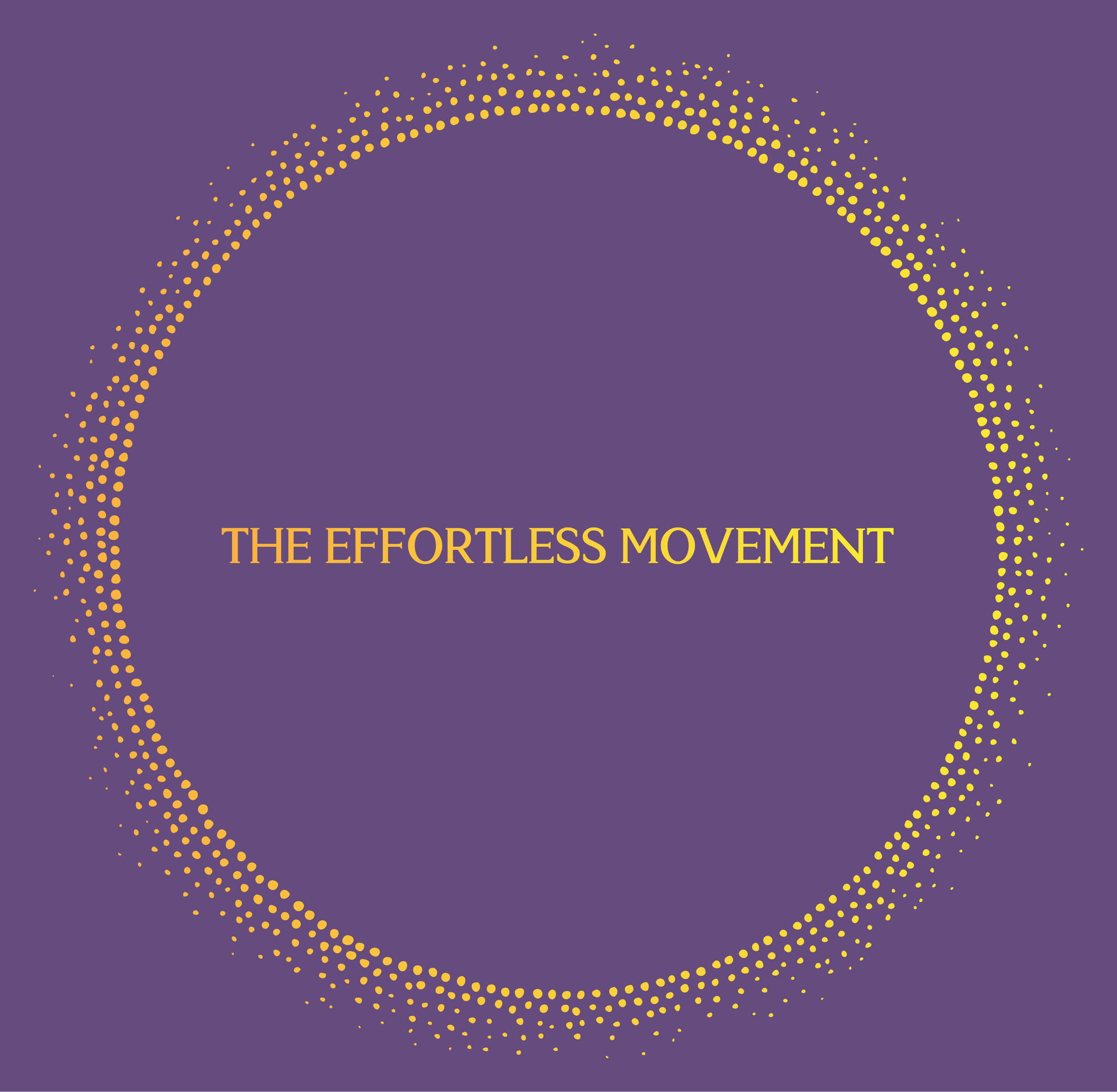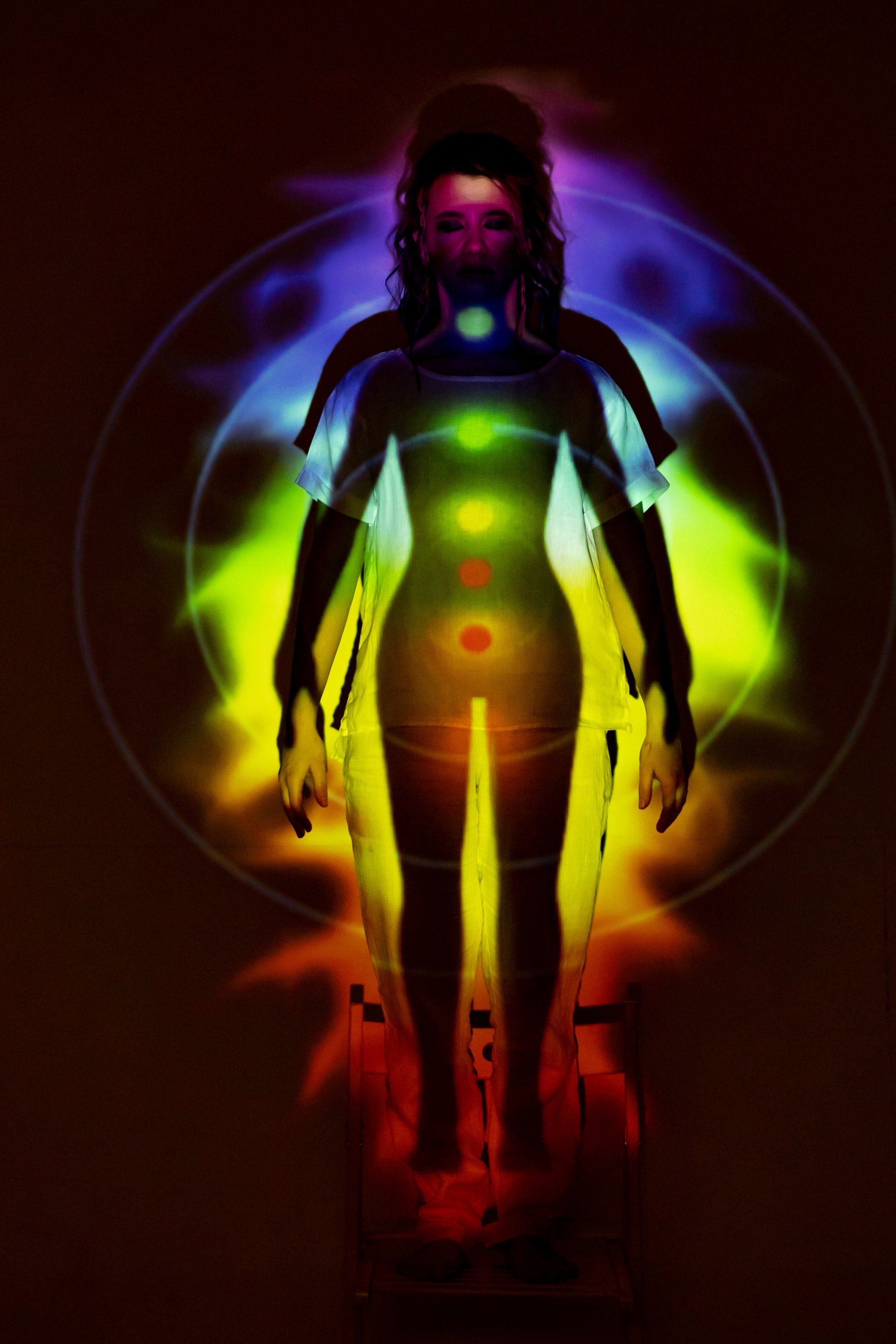Memories

When we are born, we are pure, fully ourselves. We don't have much trouble with memories or unpleasant experiences stored in our minds. How does that exactly work?
Our mind roughly consists of: explicit memory (conscious memories), emotional memory (emotions and feelings), implicit memory (unconscious memories), and the residue of memory (habits and skills). Building the mind already starts in the womb. You receive various stimuli here, such as sounds, smells, tastes, and even intergenerational transmission. All these memories are stored in the implicit memory (unconscious memories) also known as the subconscious.
As we grow up, more and more memories are added to the mind, in all shapes and forms. In order to survive when you were young, you sometimes perhaps thought you can determine whether to keep an unpleasant memory or not. Sometimes, we bury the negative memory and emotions so deeply because we simply cannot process them at that moment. After many years, we have already filled our mind quite a bit with all sorts of memories. And a substantial part of it is in our subconscious mind.
As we age, we all have a moment of reflection. Is this life? What do I want to take from life? What do I actually want to achieve in life? Why am I here? By reflecting, you see what challenges you face as a person. Your struggles may be related to unpleasant emotions from the past that you haven't yet let go of in a healthy way.
If we don't properly feel and release certain negative emotions, they remain deeply stored in our subconscious. It then becomes difficult to access them later in life. You may assume that these memories and emotions have disappeared. In reality, however, that's not the case. Our memory is like a "black box" of an airplane, everything remains recorded, whether we want it to or not. All memories always remain part of our memory.
What's important is that we take a look at what we're struggling with; what do we want to understand, and what message does the memory hold? With the aim of healing your negative emotions in a healthy way and thus returning to yourself. For this reason, we'll peel away the memories, or rather the mind, like an onion, layer by layer to get to the core. Because some memories and emotions are deeply buried in the subconscious mind, it may require more effort to access them. Meditation can help you gain access to the subconscious.
"In is the only way out."
- Sadhguru -
Meditation has many benefits, where returning to your pure self is one of them. It helps you access your subconscious mind. This helps in peeling and understanding the memories in the subconscious where traumas are also stored. There are many meditation techniques, one of which is Primordial Sound Meditation brought from India to the West by Deepak Chopra. We teach people to meditate according to this meditation technique. With Primordial Sound Meditation, you gain access to your subconscious mind at a deeper level and you can work on feeling those buried emotions from the past to ultimately let them go in a healthy way.
You don't have to do this alone, by engaging with a Life Coach, you learn how to break through these layers, how to peel the onion to get to the core, and gradually return to your pure self. Do you want to work on this? Are you willing to peel the onion? We are here to support you on this journey. Plan your 30-minute free intake to get more information.
This way, you become part of a movement on Earth that embraces the effortless flow of life: The Effortless Movement.












